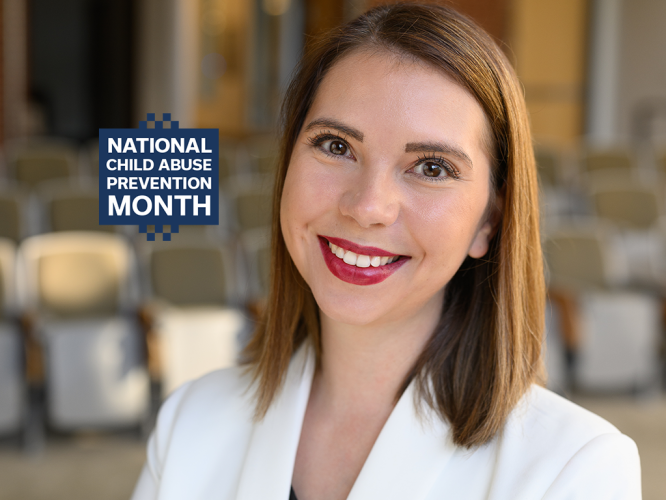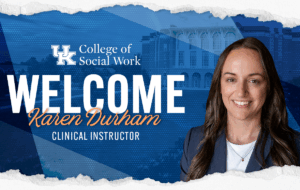Community Strategies to Prevent Child Abuse and Neglect
Dr. Shelby Clark, PhD, LCSW
The Centers for Disease Control and Prevention estimate that approximately one in seven children experience child abuse and neglect annually.1 Presently, state child welfare systems are charged with responding to reports of child abuse and neglect. However, these systems continue to fail to meet federal guidelines for supporting safety and well-being for children placed in foster care.2 Further, children and families engaged with child welfare systems are at risk of a host of poor outcomes. Notably, estimates suggest 15 percent of youth who age out of foster care will become homeless,3 less than four percent will earn a college degree,4 and only about half are employed by age 24.5 In short, our public institutions and community responses are failing children and families, especially those who experience abuse and neglect.
Indeed, many argue a complete overhaul and abolition of the child welfare system is needed.6 Given the advances and growth across industries such as healthcare and technology, the stagnation of public responses to child abuse and neglect are especially discouraging. As one recent research study suggested, “We can find ways to build self-driven cars, but foster care seems to remain the same.”7 Structural problems demand structural innovation. Therefore, we must collectively demand better and different institutional solutions to prevent, reduce, and respond to child abuse and neglect.
Simultaneously, we hold an individual and collective responsibility to prevent child abuse and neglect in the communities that we participate in. Coretta Scott King once taught, “The greatness of a community is most accurately measured by the compassionate actions of its members.”8For many people, the impact of loving, safe, and stable relationships are indelible. Parents who receive adequate support from their communities, extended family, and social networks are less likely to engage in abusive behaviors towards their children.9 Supportive relationships can provide parents with resources, guidance, and emotional assistance, reducing stress and increasing their capacity to cope with challenges.
Here are three suggested strategies that may prevent child abuse and neglect:
- Offer Emotional Support and Understanding to Friends and Family: Families in our communities may experience stress, isolation, or other challenges that increase the risk of child abuse and neglect. Simply being present, listening without judgment, and offering empathy can make a significant difference. Checking in regularly with friends, family members, or neighbors who may be struggling and offering a supportive ear or a helping hand when needed can help parents to know they are not alone and to whom they reach out to for help.
- Provide Practical Assistance to Families in Need: Know the services and resources available in your community. If someone you know is struggling with mental health or obtaining necessities like food, shelter, or healthcare, you can encourage them to seek assistance from formal supports and programs. Additionally, informal support networks through friends, family, or church communities can provide practical assistance to families by offering help with childcare, running errands, cooking meals, or providing transportation. Small acts of kindness can alleviate some of the pressures that families face and reduce the likelihood of abuse or neglect occurring due to overwhelming stress or lack of resources. By offering tangible support, we can contribute to creating a supportive community where families feel valued and strengthened.
- Promote Positive Parenting Practices: Encouraging parents to engage in positive interactions with their children, such as spending quality time together, communicating openly, and setting appropriate boundaries, can help strengthen parent-child relationships and reduce the risk of abuse or neglect. There are a variety of ways we can teach and learn about positive parenting such as from books, podcasts, expert social media accounts, or through formalized parenting support services and educational programs.
By taking these proactive steps, we can contribute to creating a culture of support and care within our communities, helping to prevent child abuse and neglect, and promoting the well-being of children and families. Every act of kindness and support counts and can make a meaningful difference in the lives of families facing challenges.
Dr. Shelby Clark, PhD, LCSW (she/her) is an Assistant Professor at the University of Kentucky College of Social Work. Her research examines trauma-informed care, workforce well-being, and service recipient outcomes in human service settings. You can read about her recent work in these two articles:






